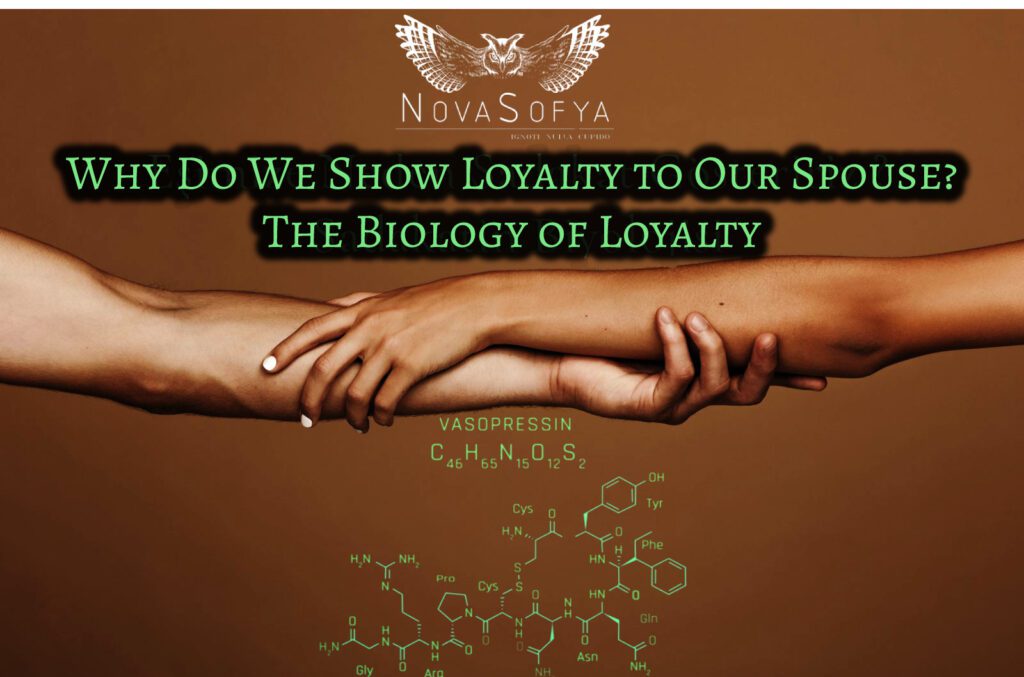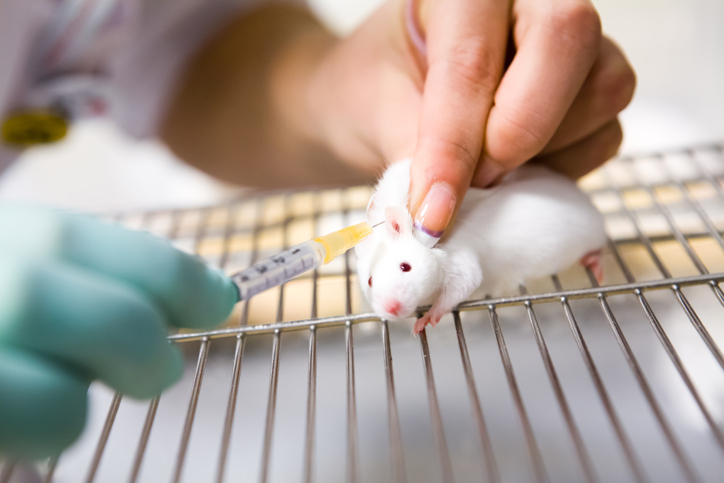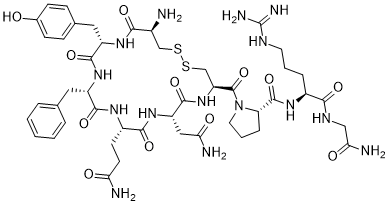Why Do We Show Loyalty to Our Spouse? The Biology of Loyalty

Anthropologists of the 19th and 20th centuries, they they showed that polygamy predominated among primitive societies. The claims of Lewis H. Morgan and Bronislaw Malinowski soon made an impact in the world of science and philosophy. Subsequently, experts focused on the topic of monogamy and polygamy and tried to solve the problem of which one is predisposed to human biology. Modern biology said that the basis of human biology is polygamy but culture has led humans to monogamy. But is it true to say that monogamy or loyalty is only a cultural phenomenon? Can we explore the biological aspects of loyalty?

As we mentioned above, human nature has evolved from polygamy to monogamy. So what was the role of our genes in this? As it is known, there are many genes in our body that control every physiological function. Therefore, it is very difficult to reveal the genes that regulate complex behavior. At this point, the social environment also has a great impact. But just like physical behavior, it is possible that there are basic genes that control some behaviors.
Thomas R. Insel and Larry Young, neuroscientists at Emory University, conducted an experiment on rats and field mice. They chose field mice because they were monogamous. After the field mice mated, they formed a strong bond with their partner. The field mice, which was male, spent most of its time with the female mice. But male rats, unlike field mices, would abandon the female after mating and would not play a role in raising the offspring.

Thomas Insel and Larry Young studied the brain chemistry of these two mouse species. In particular, they measured the level of the hormones oxytocin and vasopressin, which cause double-coupling, loving attachment. Researchers have identified differences in two hormones of the two spicies. At this point, Thomas Insel and Larry Young focused on the vasopressin hormone.
They transferred this hormone gene, which is concentrated in field mice, to several embryos taken from rats. They then implanted these embryos in the wombs of female rats. The result was quite surprising:

These two new animals, born of rats known for their infidelity, were surprisingly loyal when they grew up. This result showed that loyalty also had a kind of biological origin.
However, it cannot be said that each of us is loyal or unfaithful just because of the hormone gene in question. It is true that we have genes that control the oxytocin and vasopressin receptors in our brains. On the other hand, it is known that many genes and environmental factors also influence the evolution of behavior. For example, factors such as social environment and childhood experiences also have a direct impact on loyalty. Therefore, loyalty is neither a purely social and cultural phenomenon nor a purely biological fact.
